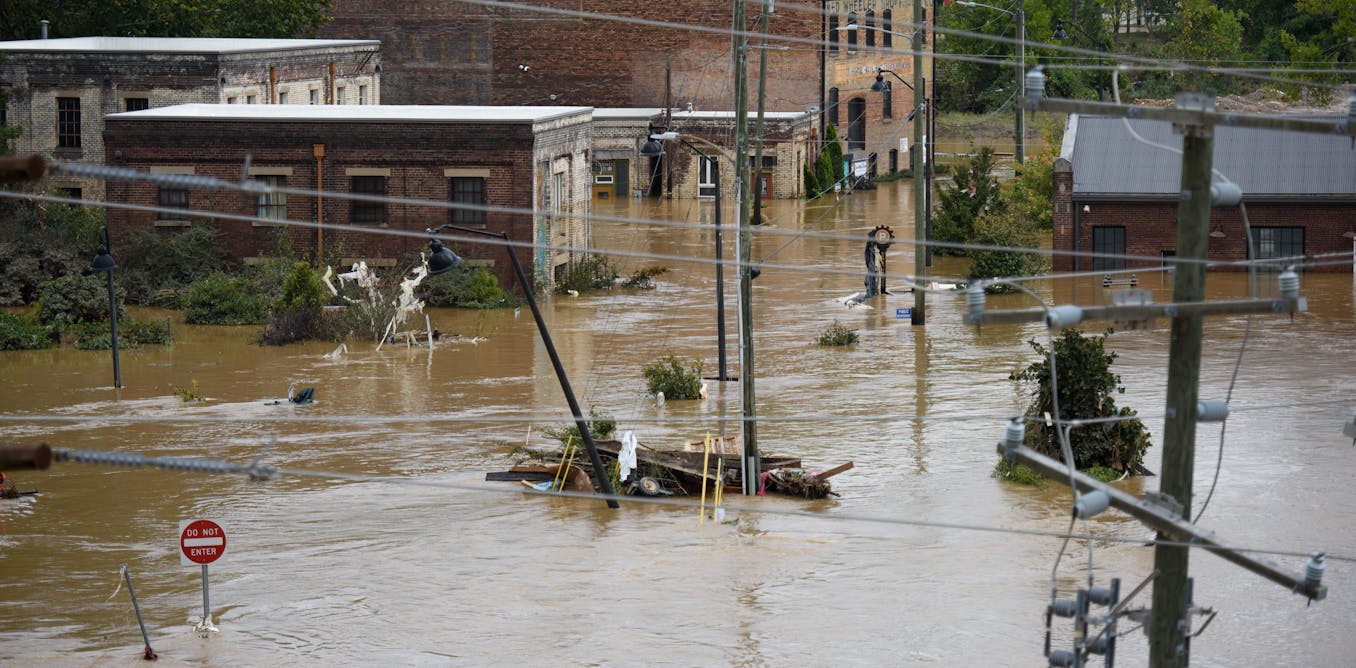Crowd-sourced debunking is no match for organized disinformation campaigns in the midst of information vacuums during a crisis. The conditions for the rapid and unchecked spread of misleading, and outright false, content could get worse with Meta’s content moderation policy and algorithmic changes.
sigh
Crowd-sourced isn’t going to work well. The crowd is too small; anyone who’s been dealing with the false skeptics of climate science for decades knows this, and it’s only escalating now with rising popular conspiracy theories bolstered by social media algorithms and engaging formats (like short videos).
The whole premise of this crowd-sourced debunking is based on the idea that there are a lot of smart people out there with a lot of free time. Of course, getting paid would add another layer of problems to it as it look like a conflict of interests.
We need to demand moderation and “clean information” like we demand clean water. If the providers are failing to deliver, they need to face serious legal threats for it. And if that means shutting down social media platforms, then that’s the rational thing to do.
edit: And if the problem is that the providers are providing “for free”, then we need to make sure that this business models faces the consequences. Get them to pay users for the information if the business is based on monetizing information. In that case, they won’t want “more engagement” and “more users” so much. If not, well, systems for more safe and secure subscriptions should help.



